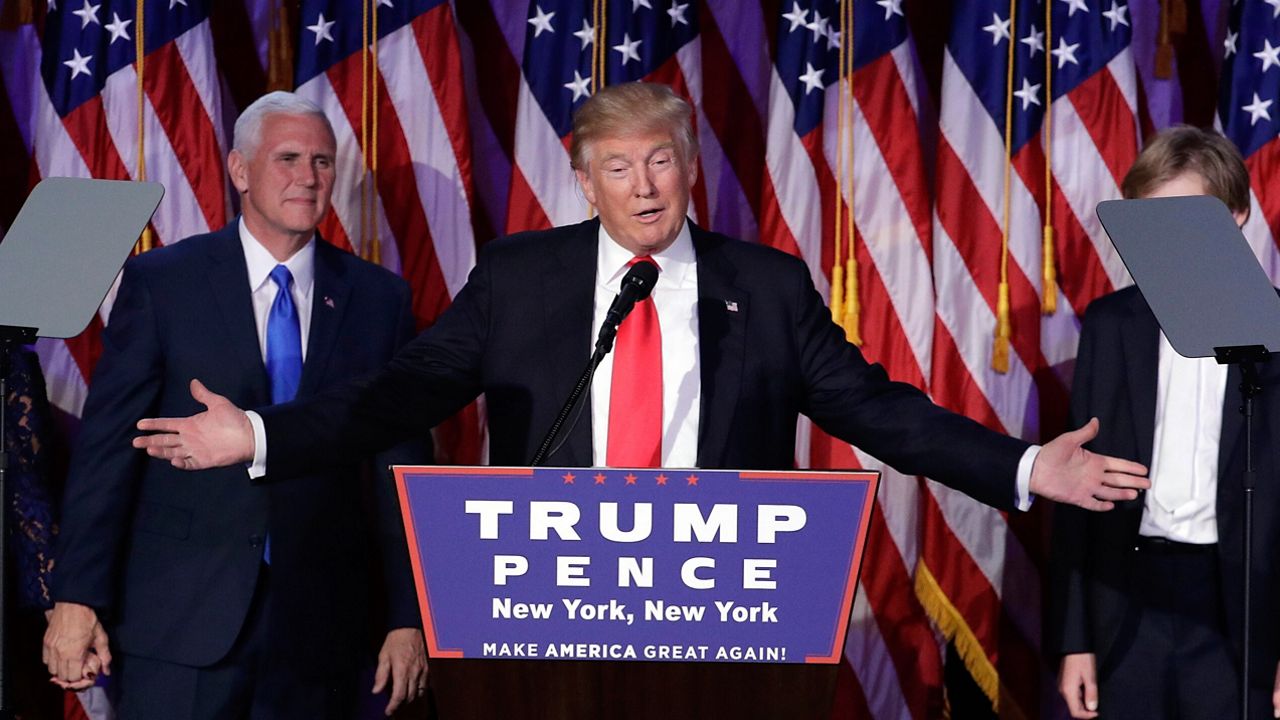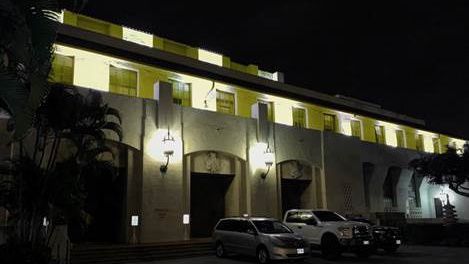In the latest of a long litany of challenges to the Electoral College system of election, U.S. Sen. Brian Schatz, D-Hawaii, joined fellow Sens. Dick Durbin, D-Ill., and Peter Welch, D-Vt., in proposing a constitutional amendment that would allow for the direct election of presidents solely through popular vote.
“In an election, the person who gets the most votes should win. It’s that simple,” Schatz said in a statement released on Monday. “No one’s vote should count for more based on where they live. The Electoral College is outdated and it’s undemocratic. It’s time to end it.”
While presidential elections typically are won by the candidate who received the most votes — in 54 of the 59 presidential elections in U.S. history, the candidate who won the Electoral College vote also secure the greater overall popular vote — candidates who won the Electoral College vote but lost the popular vote were elected twice in the last 24 years: George Bush in 2000 and Donald Trump in 2016. The situation nearly happened a third time in 2020, when Joe Biden and Kamala Harris tallied more than 7 million more popular votes than Donald Trump and Mike Pence but only won the Electoral College on the strength of fewer than 50,000 in a handful of pivotal states.
“In 2000, before the general election, I introduced a bipartisan resolution to amend the Constitution and abolish the electoral college,” Durbin said. “I still believe today that it is time to retire this 18th century invention that disenfranchises millions of Americans. The American people deserve to choose all their leaders, and I am proud to support this effort with Senators Schatz and Welch to empower voters.”
The proposed amendment would provide for the direct election of the president and vice president by popular vote of voters in each state and the District of Columbia.
“Our democracy is at its strongest when everyone’s voice is heard and right now our elections aren’t as representative as they should be because of the outdated and flawed electoral college,” Welch said.
Seventeen states and the District of Columbia have already agreed to a plan to bypass the Electoral College by agreeing to allocate their electoral votes to whichever candidate wins the national popular vote.
Recent polls have also indicated growing popularity among voters for direct elections. A September poll by the Pew Research Center found that 63% of Americans would prefer to see the winner of the presidential election be the person who wins the most votes nationally.
In all but two states, the candidate who receives the most votes in the state is awarded all of the state’s electoral votes. In Nebraska and Maine, the candidate who wins the most votes statewide is awarded two electoral votes while the winner of each individual district is awarded one.
Under the current system, a candidate must win at least 270 of the 538 total electoral votes to win. In the event of a tie, each state delegation in the House of Representatives would cast a single vote to determine a winner.
Michael Tsai covers local and state politics for Spectrum News Hawaii. He can be reached at michael.tsai@charter.com.











